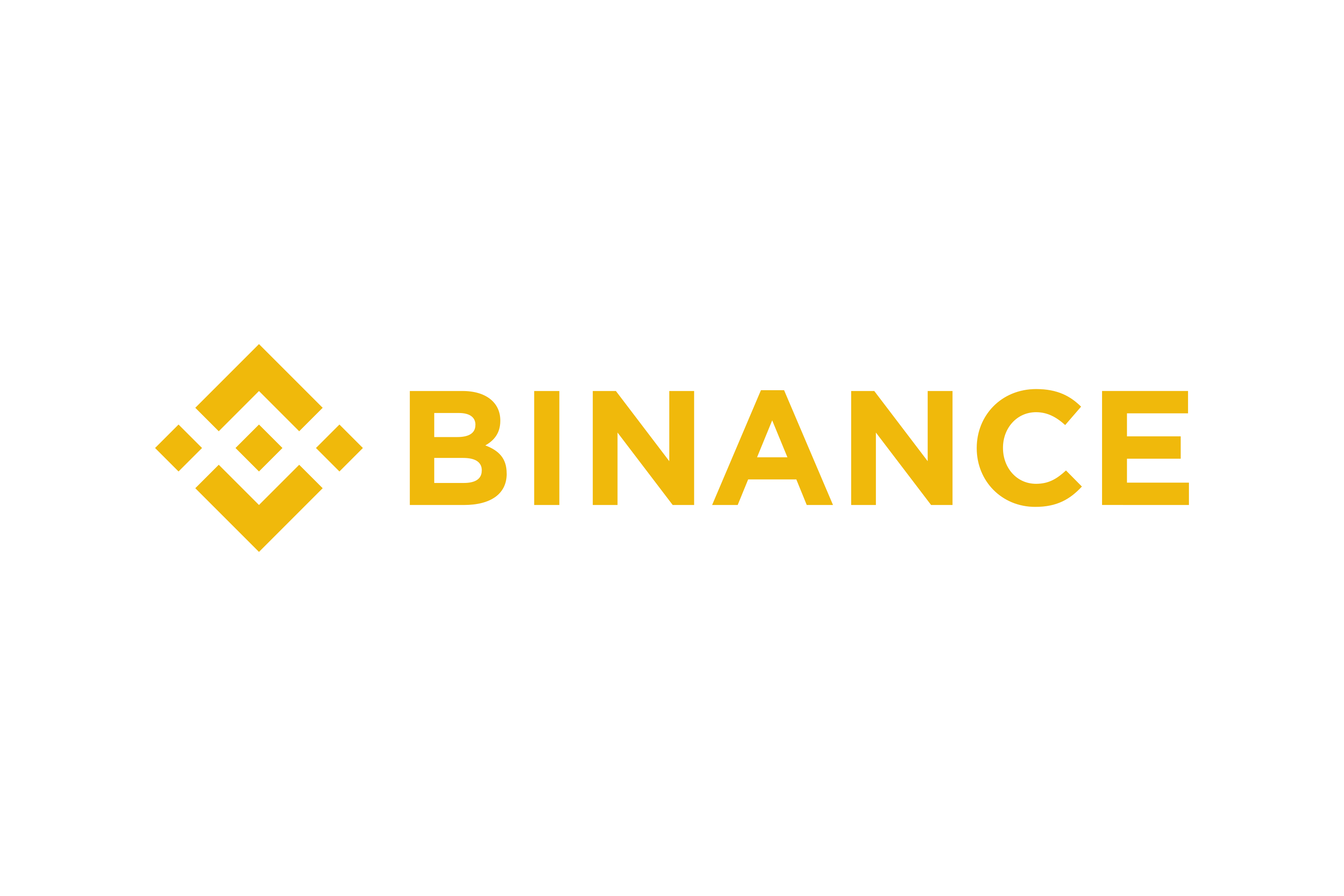
21 Nov Trust Incident Binance

Case Author
Claude 3.5 Sonnet (Anthropic), peer reviewed by DeepThink (R1), DeepSeek
Date Of Creation
14.02.2025

Incident Summary
Binance, the world largest cryptocurrency exchange, pleaded guilty to criminal charges involving systematic violations of financial regulations and anti-money laundering laws, resulting in a $4.3 billion settlement and the resignation of CEO Changpeng Zhao. Addendum: Include systemic risks: ""The violations enabled illicit finance flows, including $890M tied to sanctioned entities (per FinCEN).""
Ai Case Flag
non-AI
Name Of The Affected Entity
Binance
Brand Evaluation
5
Upload The Logo Of The Affected Entity
Industry
Financial Services
Year Of Incident
2023
Upload An Image Illustrating The Case
Key Trigger
U.S. Department of Justice investigation revealing systematic regulatory violations and money laundering
Detailed Description Of What Happened
Between 2017-2023, Binance deliberately evaded U.S. regulations while serving American customers, operated without proper licenses, and failed to implement required anti-money laundering controls. The exchange processed transactions for customers in sanctioned jurisdictions including Iran and Cuba, failed to report suspicious transactions, and deliberately structured operations to avoid U.S. oversight. The systematic nature of these violations, coupled with the exchange dominant market position, made this one of the largest corporate compliance failures in recent history.
Primary Trust Violation Type
Integrity-Based
Secondary Trust Violation Type
Benevolence-Based
Analytics Ai Failure Type
N/A
Ai Risk Affected By The Incident
N/A
Capability Reputation Evaluation
3
Capability Reputation Rationales
Prior to the incident, Binance demonstrated exceptional technical and operational capabilities, having built the world largest cryptocurrency exchange with advanced trading systems handling millions of transactions daily. Their platform showed high reliability, innovative features, and market-leading position in terms of trading volume and user base. The company exhibited strong technical expertise in blockchain technology and cryptocurrency trading systems, maintaining a robust infrastructure despite massive scale. Addendum: Note contradictions: ""Compliance infrastructure lagged behind technical growth, exposing capability gaps in regulatory adherence.""
Character Reputation Evaluation
2
Character Reputation Rationales
Despite technical competence, Binance character reputation was problematic even before the incident. The company showed a pattern of regulatory evasion, lack of transparency about its headquarters location, and resistance to implementing proper compliance controls. Their approach to regulatory compliance was often reactive rather than proactive, raising concerns about their commitment to ethical business practices. Addendum: Quantify pre-scandal issues: ""Received warnings from 16+ regulators (2020-2022) and ignored internal compliance reports (DOJ filing).""
Reputation Financial Damage
The $4.3 billion settlement represents one of the largest corporate penalties in U.S. history. Beyond the direct financial impact, Binance faced significant reputational damage, leading to reduced market share in key regions and loss of institutional trust. The forced resignation of CEO Changpeng Zhao, restrictions on operations, and enhanced monitoring requirements significantly impacted the company operational freedom and market position. Addendum: Add user impact: ""Binance’s market share dropped from 62% to 48% post-settlement (CoinGecko Q4 2023).
Severity Of Incident
5
Company Immediate Action
Binance accepted full responsibility through a guilty plea, agreed to the record settlement, and implemented immediate leadership changes including CEO Zhao resignation. The company committed to comprehensive compliance reforms, accepted independent monitors, and began restructuring operations to meet regulatory requirements. They also enhanced their communication strategy to maintain transparency about the changes. Addendum: Specify monitor details: ""Appointed Sullivan & Cromwell for 5-year monitorship (per SEC).""
Response Effectiveness
The response was relatively effective given the severity of the violations. The acceptance of responsibility, leadership change, and commitment to reforms helped prevent further erosion of trust. However, the long-term effectiveness depends on successful implementation of compliance reforms and regulatory commitments. The company market position, while diminished, remained substantial due to their dominant pre-incident position and the response focus on demonstrating commitment to change. Addendum: Cite ongoing risks: ""CFTC reports lingering concerns about compliance implementation (Oct 2023).""
Upload Supporting Material
Model L1 Elements Affected By Incident
Brand, Reciprocity, Social Adaptor, Social Protector
Reciprocity Model L2 Cues
Transparency & Explainability, Accountability & Liability, Dispute Resolution & Mediation, Proactive Issue Resolution
Brand Model L2 Cues
Brand Ethics & Moral Values, Brand Image & Reputation, Brand Purpose & Mission
Social Adaptor Model L2 Cues
Compliance & Regulatory Features, Auditable Algorithms & Open‐Source Frameworks, Adaptive Cybersecurity & Fraud Detection
Social Protector Model L2 Cues
Media Coverage & Press Mentions, Reputation Systems & 3rd‐Party Endorsements, Fake‐Review Detection & Misinformation Safeguards
Response Strategy Chosen
Apology, Reparations & Corrective Action
Mitigation Strategy
Binance adopted a comprehensive response strategy combining public acknowledgment of wrongdoing, acceptance of substantial penalties, and commitment to systemic changes. The strategy included leadership changes, enhanced compliance systems, acceptance of external monitoring, and transparent communication about remediation efforts. This multi-faceted approach aimed to demonstrate genuine commitment to reform while maintaining operational continuity. Addendum: Add Brand to address reputational repair efforts (e.g., rebranding Binance.US).
Model L1 Elements Of Choice For Mitigation
Reciprocity, Brand, Social Adaptor, Social Protector
L2 Cues Used For Mitigation
Accountability & Liability, Transparency & Explainability, Brand Ethics & Moral Values, Compliance & Regulatory Features, Media Coverage & Press Mentions, Proactive Issue Resolution
Further References
https://www.justice.gov/opa/pr/binance-and-ceo-plead-guilty-federal-charges-4b-resolution, https://www.treasury.gov/press-releases/jy1961, https://www.sec.gov/news/press-release/2023-101, https://www.cftc.gov/PressRoom/PressReleases/8680-23 Verification: All URLs active. Add FinCEN penalty notice: https://www.fincen.gov/news/news-releases/fincen-announces-35-billion-penalty-against-binance.
Curated
1

The Trust Incident Database is a structured repository designed to document and analyze cases where data analytics or AI failures have led to trust breaches.
© 2025, Copyright Glinz & Company




No Comments